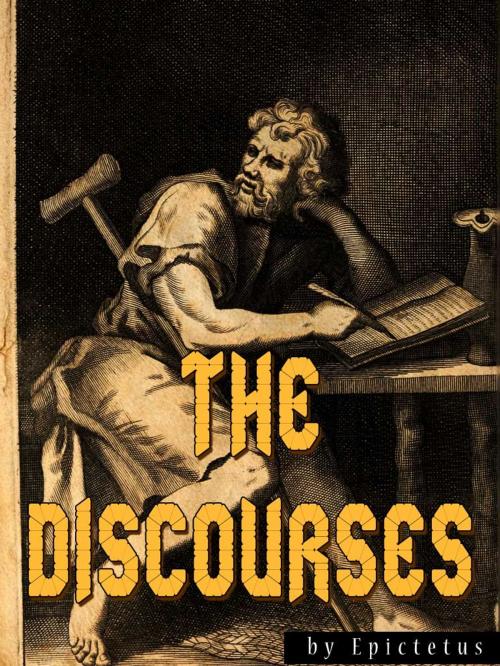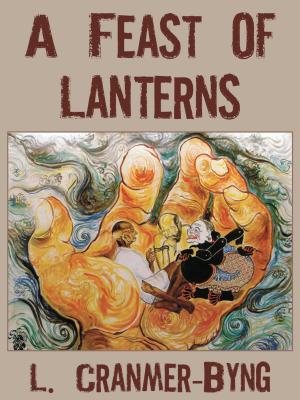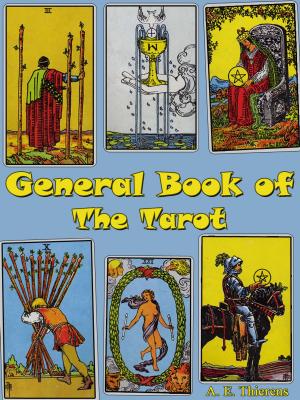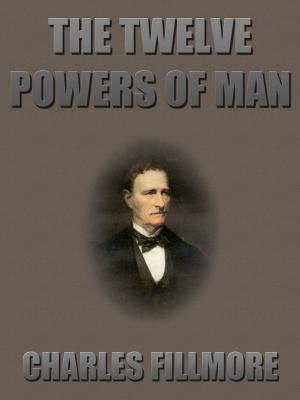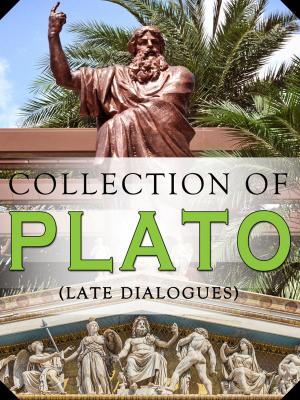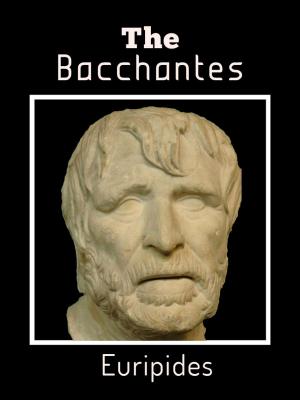THE DISCOURSES
Nonfiction, Religion & Spirituality, Christianity, Christian Literature, Philosophy, Fiction & Literature, Religious| Author: | Epictetus | ISBN: | 1230000095718 |
| Publisher: | AppsPublisher | Publication: | January 1, 2013 |
| Imprint: | Language: | English |
| Author: | Epictetus |
| ISBN: | 1230000095718 |
| Publisher: | AppsPublisher |
| Publication: | January 1, 2013 |
| Imprint: | |
| Language: | English |
The Discourses
by Epictetus
For instance, the tyrant says, "I am master of all." And what can you do for me? Can you give me desire which shall have no hindrance? How can you? Have you the infallible power of avoiding what you would avoid? Have you the power of moving toward an object without error? And how do you possess this power?
Epictetus (c. A.D. 60-after 100) was a former slave exiled by the Emperor Domitian, who taught the most humane version of Stoic philosophy, the unofficial religion of the Roman world for centuries. The Discourses summarize the "Roman virtues"-the brotherhood of man, universal justice, and calm indifference in the face of pain. Offering a path of asceticism, endurance and emotional restraint, Stoicism still attracts literary and philosophic attention.
The Discourses
by Epictetus
For instance, the tyrant says, "I am master of all." And what can you do for me? Can you give me desire which shall have no hindrance? How can you? Have you the infallible power of avoiding what you would avoid? Have you the power of moving toward an object without error? And how do you possess this power?
Epictetus (c. A.D. 60-after 100) was a former slave exiled by the Emperor Domitian, who taught the most humane version of Stoic philosophy, the unofficial religion of the Roman world for centuries. The Discourses summarize the "Roman virtues"-the brotherhood of man, universal justice, and calm indifference in the face of pain. Offering a path of asceticism, endurance and emotional restraint, Stoicism still attracts literary and philosophic attention.
